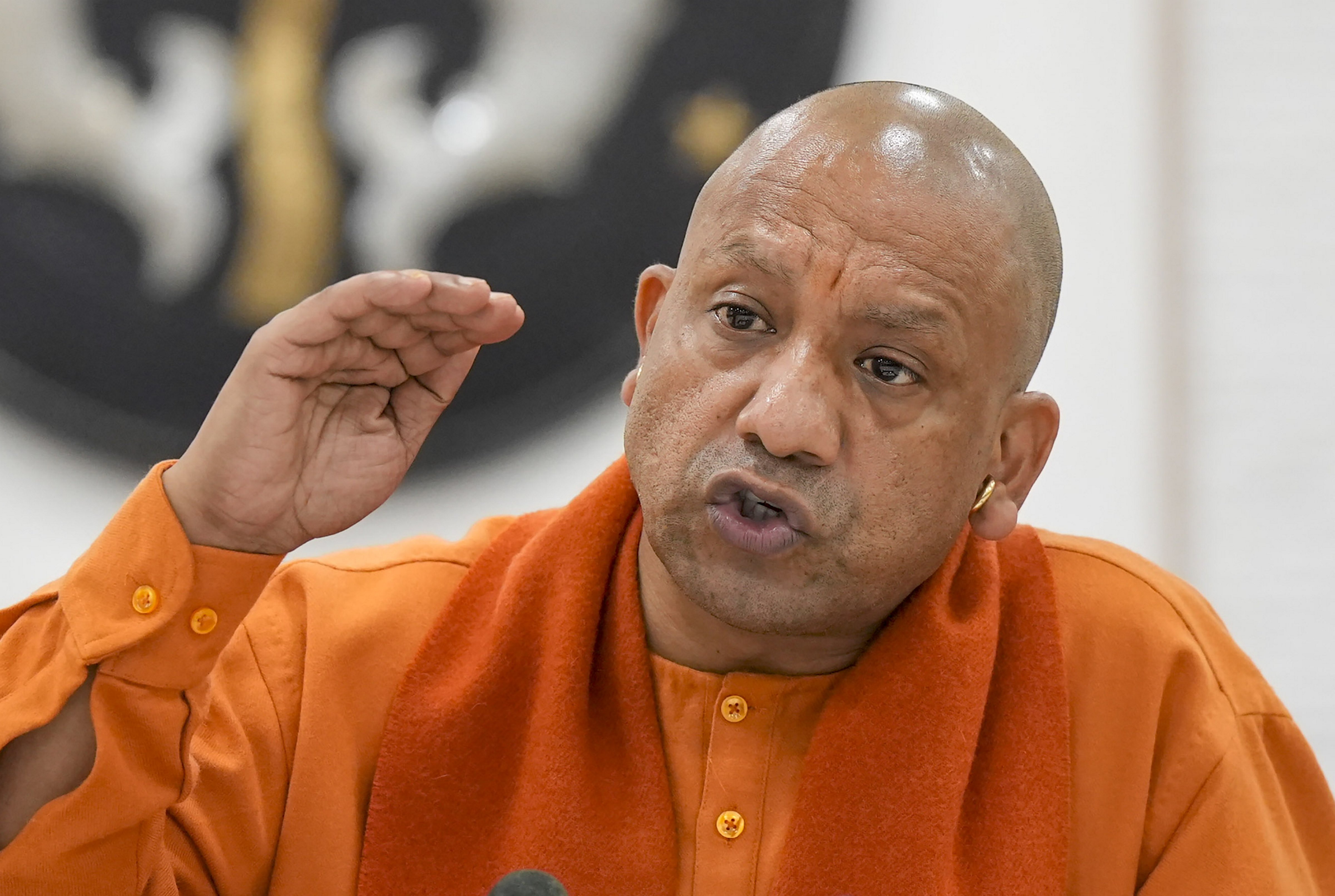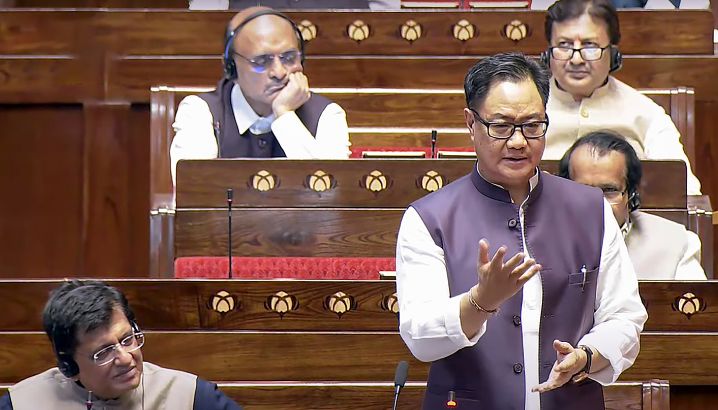2002 Gujarat riots: HC upholds acquittal of six men in killing of three British nationals
Supreme Court-appointed Special Investigation Team (SIT) had prosecuted six individuals - Mithanbhai Chandu alias Prahlad Patel, Ramesh Patel, Manoj Patel, Rajesh Patel and Kalabhai Patel - for the murder of three British citizens visiting India in 2002.
PTI
-
PHOTO: Wikipedia
Ahmedabad, 2 April
The Gujarat High Court has upheld a sessions court's order acquitting six men in the killing of three British nationals during the 2002 riots that broke out after the Godhra train burning incident.
A division bench of Justices AY Kogje and Samir J Dave passed the order on 6 March and it was made available recently.
The HC considered the testimonies of witnesses and the investigating officer, and observed that it did not find any reason to interfere with the judgment and order of acquittal passed by the Principal District and Sessions Judge at Sabarkantha at Himmatnagar on 27 February, 2015.
It said the sessions court had considered the evidence and the First Information Report (FIR) before accepting the defence's argument that the description of the accused given by the witness was only about the height, clothes and approximate age.
"Even in the FIR itself, no description of the accused was given. Therefore, the sessions court has rightly concluded that such an identification (dock) cannot be the sole ground to base conviction," the court said.
The conclusion of the FSL (forensic science laboratory) report on each of the accused exonerates them from being the suspects. Also, the launch of investigation was based on an anonymous fax message and not on the basis of the evidence of any independent eyewitness, it said while dismissing the appeal against acquittal by the sessions court at Himmatnagar in Sabarkantha district.
A Supreme Court-appointed Special Investigation Team (SIT) had prosecuted six individuals - Mithanbhai Chandu alias Prahlad Patel, Ramesh Patel, Manoj Patel, Rajesh Patel and Kalabhai Patel - for the murder of three British citizens visiting India in 2002.
As per the complainant, Imran Mohamad Salim Dawood, on 28 February, 2002 he and his two uncles -- Saeed Safik Dawood and Sakil Abdul Hai Dawood, and one Mohamad Nallabhai Abdulbhai Aswar -- all British nationals were on their way back in a car after completing their trip to Agra and Jaipur along with their driver Yusuf when at around 6 pm, a mob intercepted their vehicle and attacked them.
Even as they tried to run, the mob attacked Aswar and the local driver, and set their vehicle on fire.
The driver died on the spot and Aswar was declared dead at a hospital after being rescued by the police when they were on the run while being chased by the mob. The complainant's uncles Saeed Safik Dawood and Sakil Abdul Hai Dawood also died.
Subsequently, their relatives from the UK, along with the then British Deputy High Commissioner and police personnel from Prantij police station visited the site where the vehicle was burnt, and found small fragments of bone that was sent to the British Deputy High Commission in Mumbai and from there to a forensic laboratory in Hyderabad.
On 24 March, 2002 "an anonymous fax" received by the then British Deputy High Commissioner named one Pravinbhai Jivabhai Patel as being a part of the "mob of 50-100 persons" that allegedly killed the complainant's uncles.
The then British Deputy High Commissioner wrote to the then Gujarat Director General of Police for further investigation into the killings of the appellant's uncles.
Subsequently, the Supreme Court had in 2003 directed the Gujarat government to constitute a Special Investigation Team (SIT) in nine 2002 riots cases, including this one.
In December 2008, the SIT recorded the appellant's statement. In 2009, the sessions court framed charges against the six accused under various sections of the Indian Penal Code (IPC), including those related to murder, voluntarily causing hurt, rioting and unlawful assembly.
Leave a Reply
Your email address will not be published. Required fields are marked *








.jpg)


.jpg)

.png)
.png)
.png)
.png)
.png)
.png)
.png)
